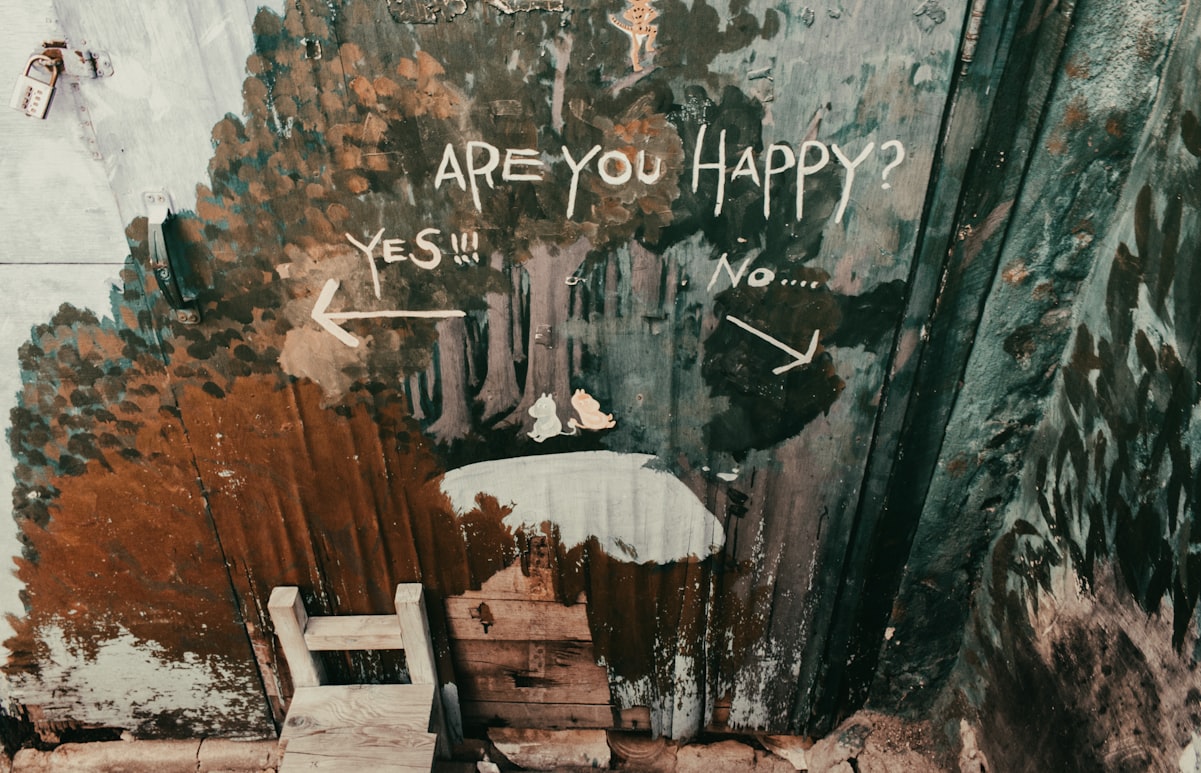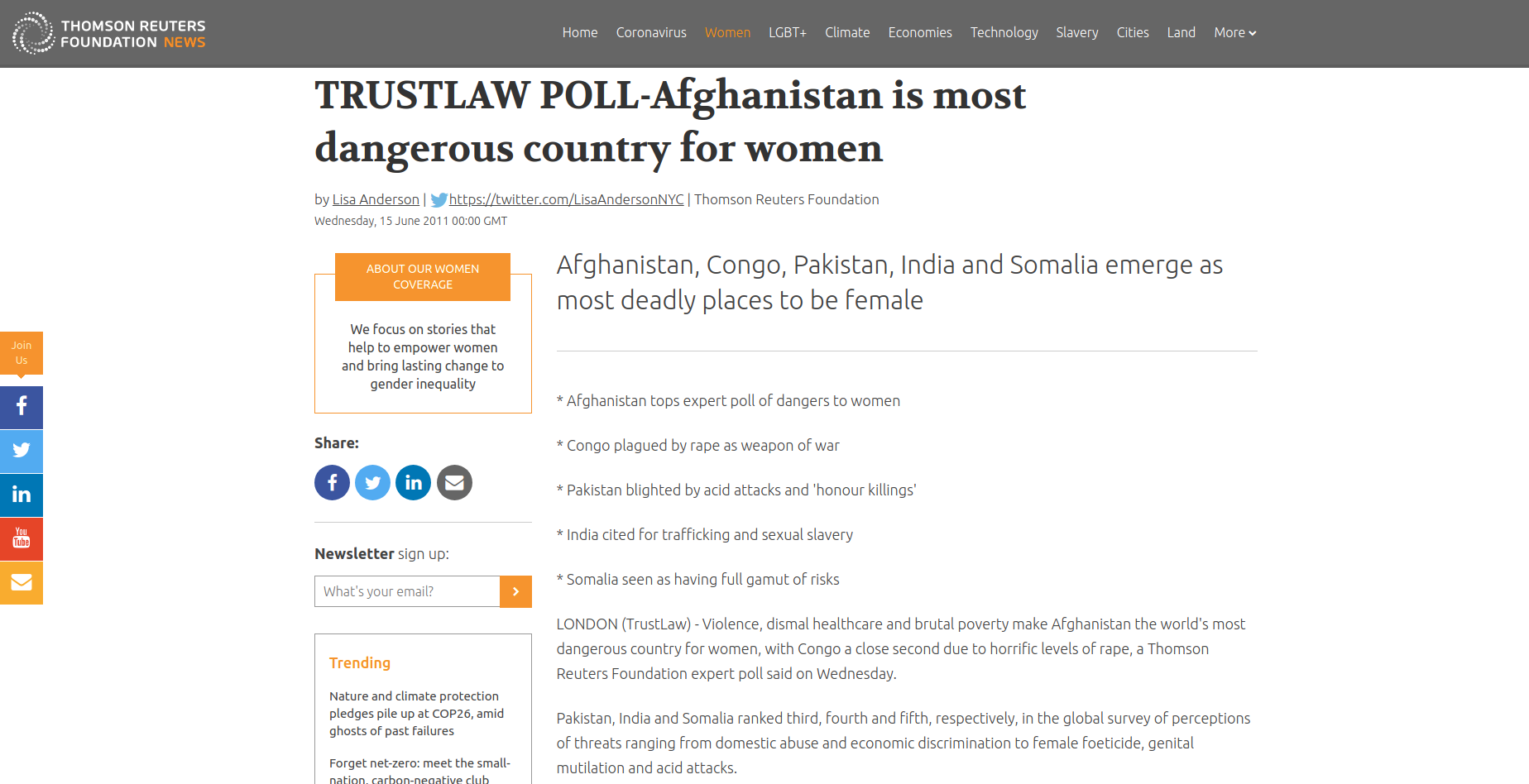
How Social Psychology Distorts Survey Results
- 🗓️ Date:
- ⏱️ Time to read:
Surveys and polls are typically used to gather data, when you want to analyze people's subjective feelings and perceptions about a certain topic. They can be useful to predict social behaviors which can lead to certain outcomes.
For instance, I used to work in an organization that helped understand how happy are a employees in a company. We built a software platform that companies could use to launch surveys and polls to gather feedback from employees on a variety of criteria. These would often reveal useful insights that could be used by the management to take some constructive actions.
So yes, they’re pretty decent when it comes to capturing opinions. Wanna know what people think of Donald Trump? Or whether people think that the coronavirus is a giant scam to turn Bill Gates into a Trillionaire? Launch a poll, wait for people to vote, and later make a pie chart or something.
But when it comes to understanding objective truths, data collected from polls and surveys can turn out to be completely useless information.
Let’s take an example.
Here’s a poll from Thomson Reuters Foundation News on the state of women’s rights and safety in nations across the world, from the year 2011.

Afghanistan emerged as the most dangerous country to be a woman. Not exactly surprising, isn’t it? Any doubts about this particular fact that existed earlier is probably quelled now, especially in light of recent events concerning the Taliban.
Forward to 2018, here’s the same poll from the same organization, collected by 548 experts on women’s rights. You’ll find the results to be extremely baffling:
- USA is ranked #3 in the world for sexual violence! It’s ahead of Pakistan and Afghanistan - countries where daughters are taught by their mothers how to survive rape, and where forced marriages are common.
- Shockingly, India is at number #1! Higher than countries like Congo, Kenya, Uganda, where practices like sexual cleansing still exist! A number of these countries also have practices where lesbians are raped with the belief that it’ll make them straight. Seriously? 😒
How can this be?
In 2011, USA wasn’t even on the list. The poll was consistent with similar other polls around the same time period, like this one from 2016 which showed that 34% of women in the USA were feeling unsafe. Apparently this number was 30% in the previous years and had shot up. But nothing out of the ordinary.
But suddenly in 2018, people decided that USA is the most dangerous place for women? What’s even more surprising is India being ahead of Somalia and some of the other countries!
Here’s where polls fail us - they don’t always accurately portray what’s real. But they do reveal something else.
Biases and fallacies of people.
What’s really going on is that forces of psychology are at play:
Persuasive definition
Pursuasive definition simply means claiming to describe the true meaning of a word or term, while in reality altering it in some way that isn’t commonly used.
In this case, the definition of words like rape, harassment, phobia, intolerance, have been expanding, making them less precise over time.
In 2012, Sweden was declared the “rape capital of the world"1, showing that there were between 5000 to 7000 reported rape cases per 100,000 population - higher than many European countries! Big deal right? Except that they had modified the word rape to also mean “too drunk to give consent”!
Similarly, Canada was highest in 2015 for kidnapping2. That’s because the word kidnapping then included cases of child custody over parental disputes.
In the same way, phobia - which used to mean irrational fear - now has changed over time, where even mild criticisms would result in you being called “xyz-phobic”. Harassment now includes even questionable behavior that might not be actual aggressive behavior.
In social psychology, this phenomenon is called Equivocation fallacy. It means, using a word or phrase in multiple senses in a single argument, which leads to confusion.
Declinism
That’s the second phenomenon that explains all these nonsensical survey statistics. It’s when people remember things in the past fondly, and view the present and the future with skepticism. This false narrative is fed into us when we’re young, typically by our parents, who love to talk about the “good old days” - when people were supposedly less corrupt, god-fearing, and more honest with each other3.
So when we grow up, we view the world through this lens, that everything’s going to hell, and the world is going crazy. But the data shows the opposite! In-fact during the year when Sweden was declared a “rape capital”, actual rape percentages were in fact lower than the previous years!
-
Here’s an article from BBC news covering this. ↩︎
-
Of-course, anyone who’s read and actually remembers history will know that this is entirely false! When we weren’t fighting wars with each other, we were busy dying due to pandemics, or killing each other for being gay. Boy those were the days, weren’t they? 🙄 ↩︎